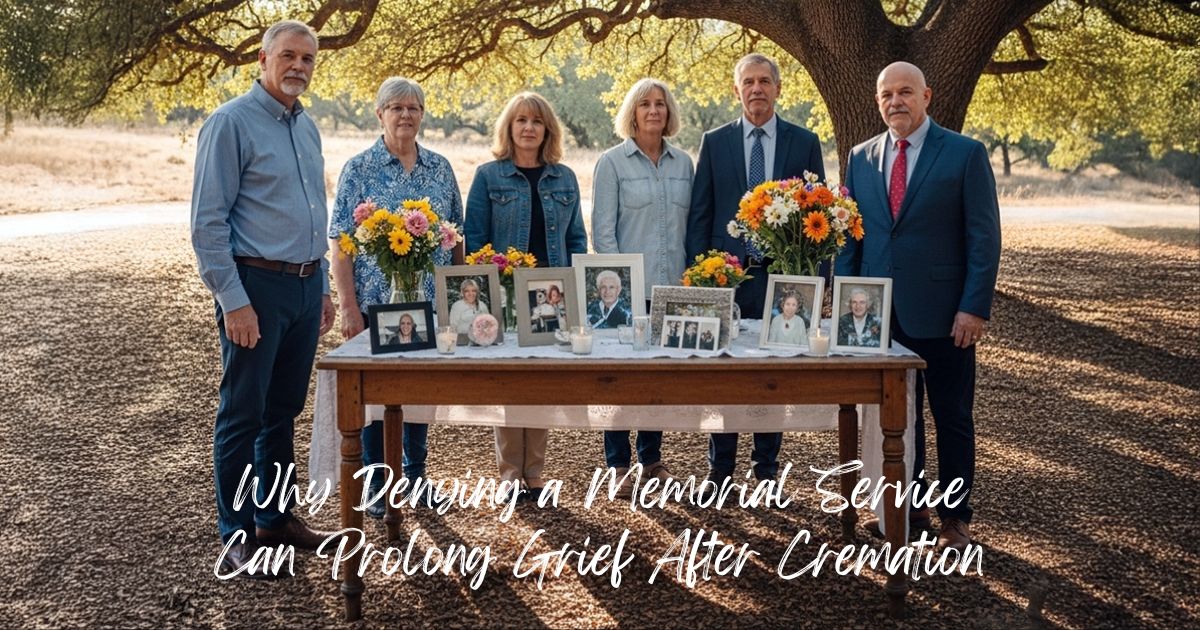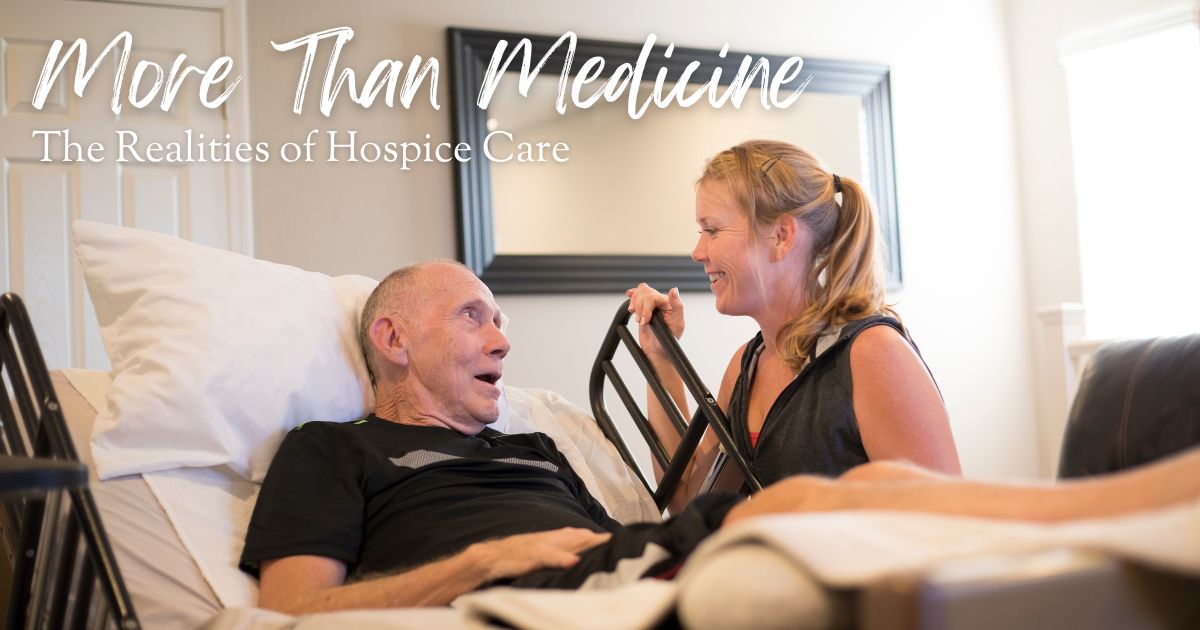
Want to learn more? Listen to the podcast discussing this blog post.
Losing a loved one is an incredibly painful experience, and the ensuing grief can feel overwhelming. It's natural to experience intense sadness, a lack of motivation, and even physical symptoms like changes in appetite or sleep patterns. While these feelings are a normal part of the grieving process, it's important to recognize when grief might be developing into something more serious: clinical depression.
While grief and depression share some common symptoms, there are key distinctions that can help you understand what you or someone you love might be experiencing.
Similarities between Grief and Depression
- Intense Sadness: Both grief and depression can involve profound sadness and a sense of loss.
- Sleep Disturbances: Difficulty falling asleep, staying asleep, or experiencing restless sleep is common in both.
- Appetite Changes: Loss of appetite and subsequent weight loss can occur in both grief and depression. However, some individuals may experience increased appetite and weight gain with depression.
- Loss of Interest: Both can lead to a diminished interest in activities that were once enjoyable.
- Difficulty Concentrating: Grief and depression can both make it challenging to focus on tasks or conversations.
Key Differences
- Duration and Intensity: Grief tends to come in waves, with periods of intense sadness interspersed with moments of respite or even joy when remembering the deceased. Depression, on the other hand, is more persistent and pervasive, with symptoms present most of the day, nearly every day, for at least two weeks.
- Self-Esteem: While grief may involve feelings of guilt or regret related to the loss, depression often includes a more generalized sense of worthlessness and low self-esteem that extends beyond the specific loss.
- Hope: Even in the depths of grief, there's usually an underlying sense of hope for the future. Depression, however, can be characterized by hopelessness and a belief that things will never get better.
- Suicidal Thoughts: While thoughts of joining the deceased may occur in grief, persistent thoughts of suicide or self-harm are a serious warning sign of depression.
- Functional Impairment: Grief can disrupt daily life, but depression often leads to a more significant and prolonged inability to function at work, school, or in social situations.
Specific Signs of Depression
In addition to the differences outlined above, here are some specific indicators that you may be dealing with depression:
- Pervasive feelings of guilt unrelated to the loss.
- Thoughts of suicide or self-harm.
- Markedly low self-esteem and feelings of worthlessness.
- Changes in speech, such as slowed speech, hesitation, or confusion.
- Significant difficulty carrying out daily tasks.
- Physical symptoms like fatigue, aches, and digestive problems.
If you recognize these signs of depression in yourself or someone you care about, it's crucial to seek professional help.
- Support Groups: Connecting with others who have experienced similar losses can provide a sense of community and understanding. Bereavement support groups offer a safe space to share experiences and learn coping strategies.
- Therapy: A therapist can provide support, coping strategies, and guidance through the grieving process, and can help address the underlying causes of depression. Different types of therapy, such as cognitive-behavioral therapy (CBT) or interpersonal therapy (IPT), have been proven effective in treating depression.
- Medication: In some cases, antidepressant medication may be recommended to help manage the symptoms of depression. A doctor or psychiatrist can assess the need for medication and prescribe the appropriate type and dosage.
Remember, grief is a natural and necessary process of healing after a loss. However, when grief becomes debilitating and persistent, it's important to seek help. Depression is a treatable condition, and with the right support, you can regain a sense of hope and begin to rebuild your life.
Call or Text 988 - Suicide and Crisis Lifeline
Help is available 24 hours in English & Spanish





